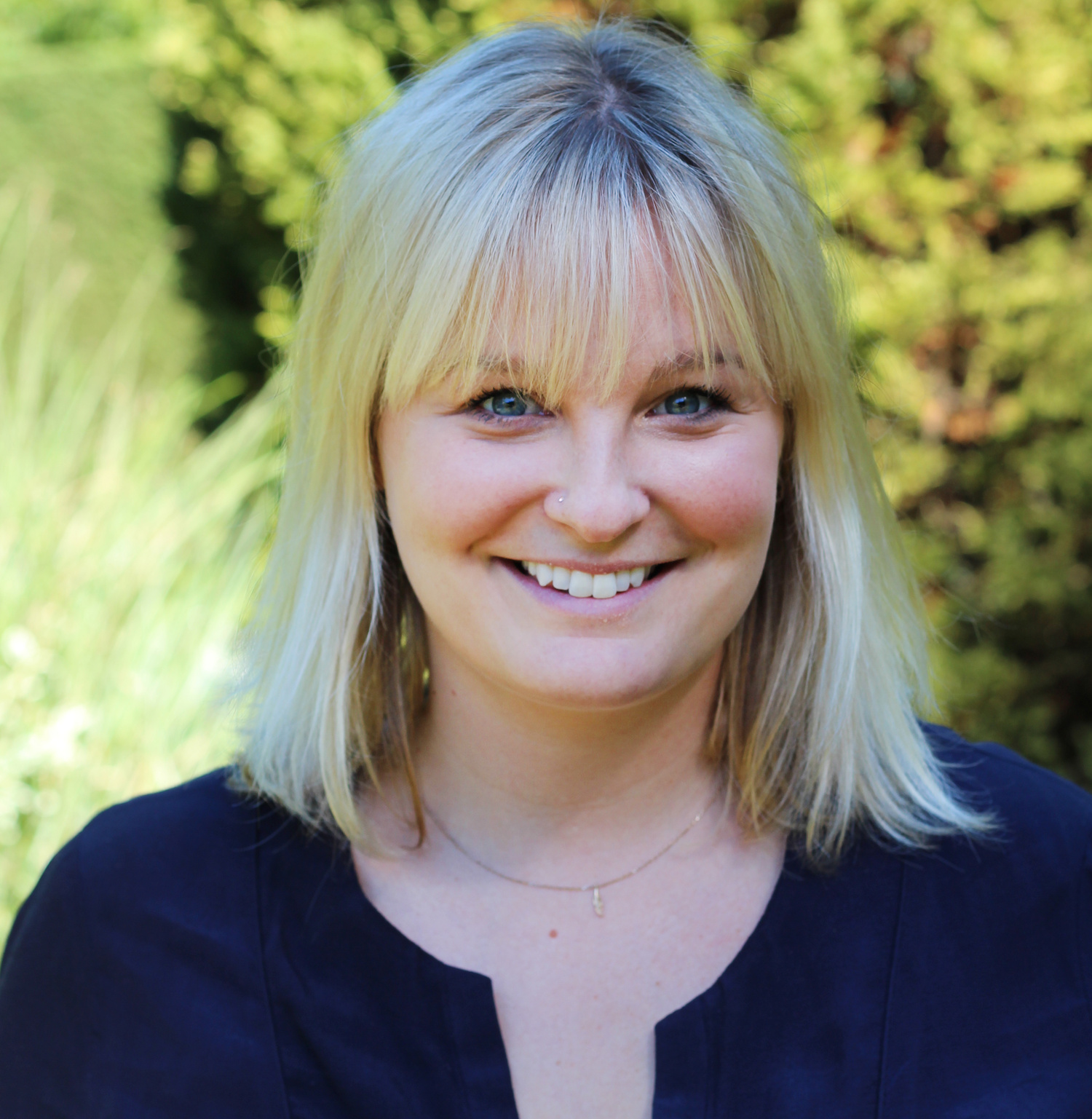At the Oscars, Lady Gaga confessed to feeling lonely. She went on to say that, as a performer, it “feels like no one understands”. Despite her deep sense of isolation, I suspect Gaga’s comments will resonate with many.

A few years ago, I met up with a friend. Both of us had recently quit good jobs for the entrepreneurial life. Tamsin was the first person I knew who, like me, had decided to go it alone and start a business in her early 20s.
The week leading up to meeting Tamsin had been gruelling. Long hours of attempting to hurdle brick walls, trying – and failing – to figure out complex problems and endless meetings had left me drained, bewildered and feeling utterly isolated.
I was petrified of failure and what people might think if I gave up. My friends were really getting into their jobs, and had already begun to work their way up the career ladder. By contrast, I felt lost. Why did I think I could run a business? When I sat down with Tamsin, she must have sensed something in my tone when I said: “How are you finding it?”. I could not have felt more relieved when she answered: “You know what, it’s really hard”. We talked for hours.
That was the first time I’d been able to speak about the fear and the loneliness – and it was completely liberating. It gave me so much confidence to hear my thoughts echoed by someone I knew to be so capable and intelligent. It gave me a renewed conviction to press on.
A similar thing happened to my mum when she was on maternity leave. Every week she’d go to a mother and baby group where the talk would, inevitably, focus on baby milestones. That was until one day, when one exasperated woman asked: “Does anyone miss work?”.
Immediately, everyone shared their stories and revealed how lonely they felt having transitioned – temporarily or permanently – from successful businesswomen to round-the-clock mums. They felt connected by that shared loss of identity.
The interesting thing about these two stories is that both my mum and I were in the privileged position of being surrounded by people who were gunning for us – family, partners, good friends – yet we still felt isolated.
The feeling of loneliness is not always a result of being alone.
If you’re not sharing an emotional connection, you can easily feel lonely even when surrounded by a huge crowd of people. This is why Freshers’ Week at university, or your first week in a new job, can be an unexpectedly isolating experience.
The other problem is that social media feeds your vulnerabilities. I still suffer from self-doubt about running a business, all the time. I also follow a lot of successful entrepreneurs who’ve ‘made it’ on LinkedIn and Instagram. Their success doesn’t help alleviate any of those fears for me. But talking to people who get what you’re going through really does help.
What you see on social media is a tiny snapshot in time that probably doesn’t do justice to how the person posting might have truly felt at the moment they airbrushed and uploaded that image. You see people with good intentions trying hard to connect on social media, revealing the sad story behind the happy image, explaining what they were really thinking and feeling when that photo was captured. It’s a worthy gesture, but it doesn’t have quite the same impact as a heart to heart into the small hours with someone who understands what you’re going through.
Now I make room in my life for more deep and meaningful conversations. I make sure I find the time and space to really stop and focus on the person I meet. I make sure I ask questions that do more than scratch the surface. I try to share more and listen harder – it’s surprising how neither of these things is easy to do.

I still use social media, and not only for work. Sometimes it’s fun to fall down the rabbit hole and spend 15 minutes watching Instagram stories. But all notifications are gone. I scroll on my time, not when my phone tells me to.
If you’ve moved to a new town and you don’t know many people, pick a hobby you’re passionate about – a book group, an art or fitness class, a cookery club – that will immediately give you access to like-minded people, as well as a talking point. That’s your gateway to finding meaningful conversations.
Or follow the advice of the late social neuroscientist John Cacioppo, who helped bring the lethality of loneliness to public attention, and volunteer your time to a cause or charity you care about. This, Cacioppo said, is a relatively safe way to combat loneliness and to “get small doses of the positive sensations that come from positive social interactions” while doing some good.

